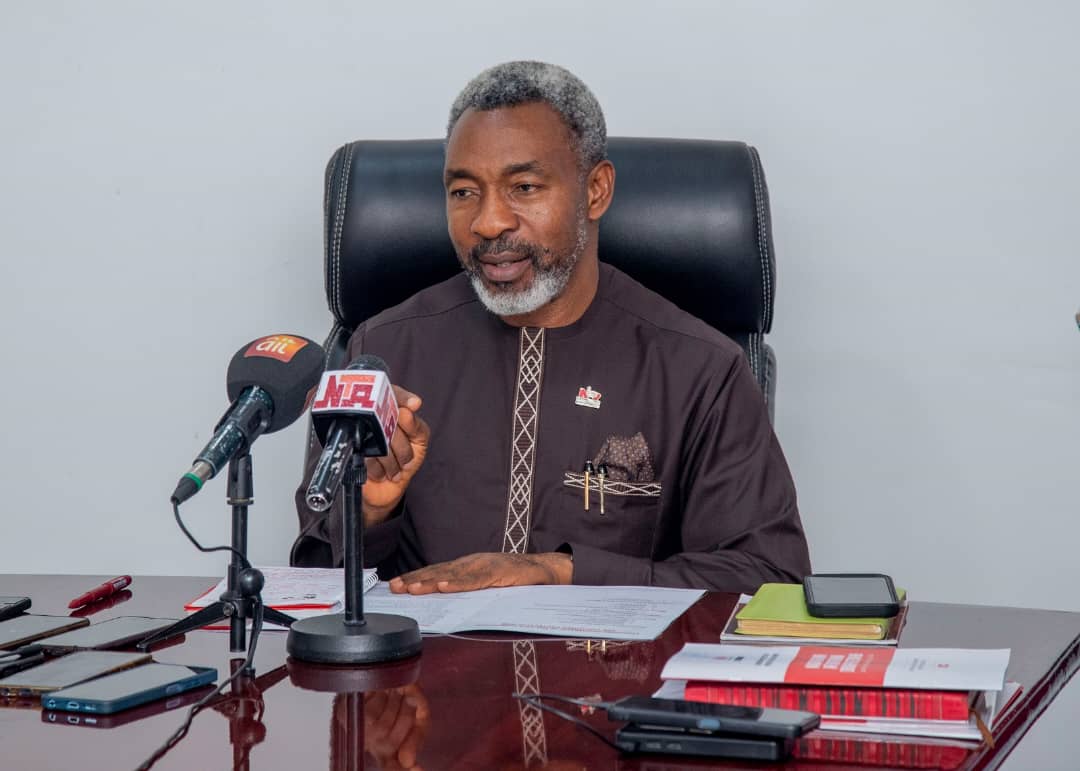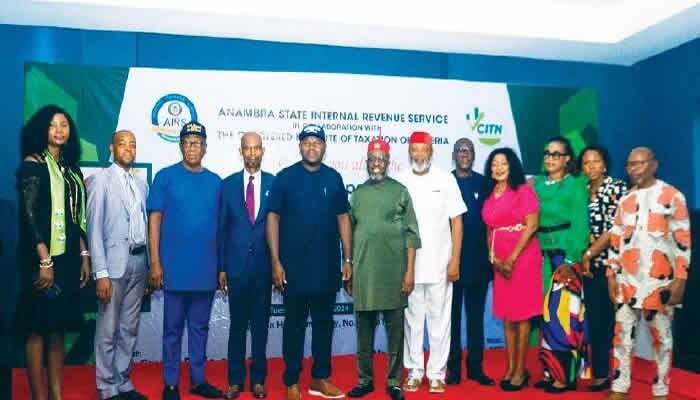Reps move to reduce President’s powers on EFCC chairman
The National Assembly has said that challenging election results in courts is making a mockery of the country, just as the House of Representatives, yesterday, passed for a second reading a bill seeking to amend the Economic and Financial Crimes Commission (Establishment) Act 2004, to guarantee greater institutional independence, operational efficiency, and accountability of the anti-graft agency.
The National Assembly expressed its aversion to post-election litigations during the opening ceremony for the retreat of the Senate and House of Representatives Committees on Electoral Matters, held at the Legend Hotel, Airport Road, Ikeja, Lagos.
The retreat was put together by Policy and Legal Advocacy Centre (PLAC) and aims to provide an opportunity for members of the committee and the Independent National Electoral Commission (INEC) to engage in strategic discussions on electoral reforms, for strengthening Nigeria’s electoral process ahead of future elections.
The Senate and the House of Representatives deliberated on the Electoral Act 2022, to repeal and enact a new Electoral Act 2025 that would be used for the 2027 elections.
Speaking with The Guardian, the Senator representing Bauchi Central Senatorial District in the National Assembly, Abdul Ningi, said the consideration included the possibility of transmitting election results electronically in real time.
Also, the Senator representing Kebbi Central, Mohammed Adamu Aliero, said: “We will amend everything that needs to be amended so that there won’t be any ambiguity, inconsistency and discrepancies; we have observed many loopholes in the Electoral Act of 2022 and we are currently trying to block such loopholes so that there will be free, fair and credible elections.”
Speaking also, the Executive Director, Policy and Legal Centre (PLAC), Clement Nwankwo, said the need for reform was in response to proposals from political parties, civil society organisations, international bodies concerned about the 2023 elections, which raised dust and others.
Responding to a committee member’s statement that Nigerians were yawning for a change, he said, “Nigerians are not satisfied with the current state of our election. They want a credible election, and PLAC is committed to helping the National Assembly respond to the call. The moment an election stops being a verdict of the people’s choices, then we lose our democracy.”
MEANWHILE, the House of Representatives’ Bill seeking to amend the EFCC (Establishment) Act, 2004, was sponsored by Yusuf Adamu Gagdi (APC, Plateau), and it seeks to insulate the EFCC from political control and align its operations with global anti-corruption standards.
Presenting the bill during a plenary session presided over by Deputy Speaker Benjamin Kalu, Gagdi explained that the amendment aimed to modernise the EFCC’s legal framework and ensure it effectively responds to the growing complexity of financial and economic crimes in Nigeria.
He noted that since the EFCC Act was enacted in 2004, the scope of financial crimes had expanded to include cybercrime, cryptocurrency manipulation, illicit financial flows, terrorism financing, and real estate-based money laundering.






